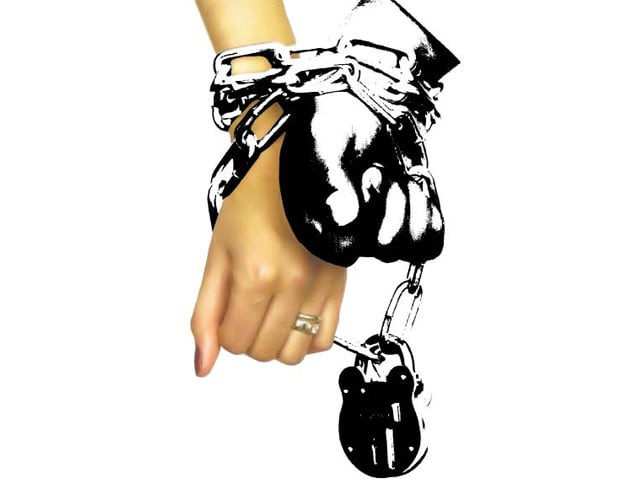Vani verdict
It is hoped that delivering justice in a timely manner will help reduce future occurrences of such practices.

In the latest episode, reported from Dera Bugti, 13 girls ranging from age four to 16 years were bartered to settle a blood feud between the Masoori and Shahwani Masoori tribes in the area. The case involves a murder, allegedly committed by a Masoori tribesman. Shockingly, Mir Tariq Masoori Bugti, a member of the Balochistan Assembly, is stated to have conducted the jirga which reached the verdict of ordering the children to be handed over. While he has denied involvement in the affair, he defended the practice of Vani as a valid means to settle disputes.
It is such attitudes which allows practices of this nature to continue even today. While awareness has been raised through films and the media about the issues of Vani and similar traditional practices, injustices continue. It appears that women are still only seen as property and mere objects that can be used to settle feuds between men. Evidently, the laws alone have been insufficient to eliminate this menace from Pakistani society.
Foremost, politicians and administrators need to be educated about the damage caused by such acts. Their involvement in jirgas legitimises the act in the eyes of the people. Instead of presiding over such extrajudicial forums that deliver unlawful verdicts and seal the fate of young girls, lawmakers should be working to eradicate such practices in their respective constituencies. Against this backdrop, the Supreme Court decision to take suo-motu notice of the incident is a welcome initiative. It is hoped that delivering justice in a timely manner will help reduce future occurrences of such practices.
Published in The Express Tribune, October 10th, 2012.














COMMENTS
Comments are moderated and generally will be posted if they are on-topic and not abusive.
For more information, please see our Comments FAQ